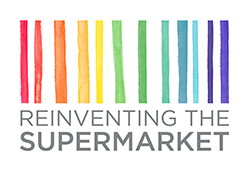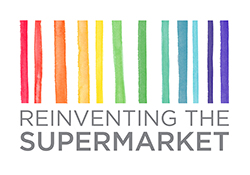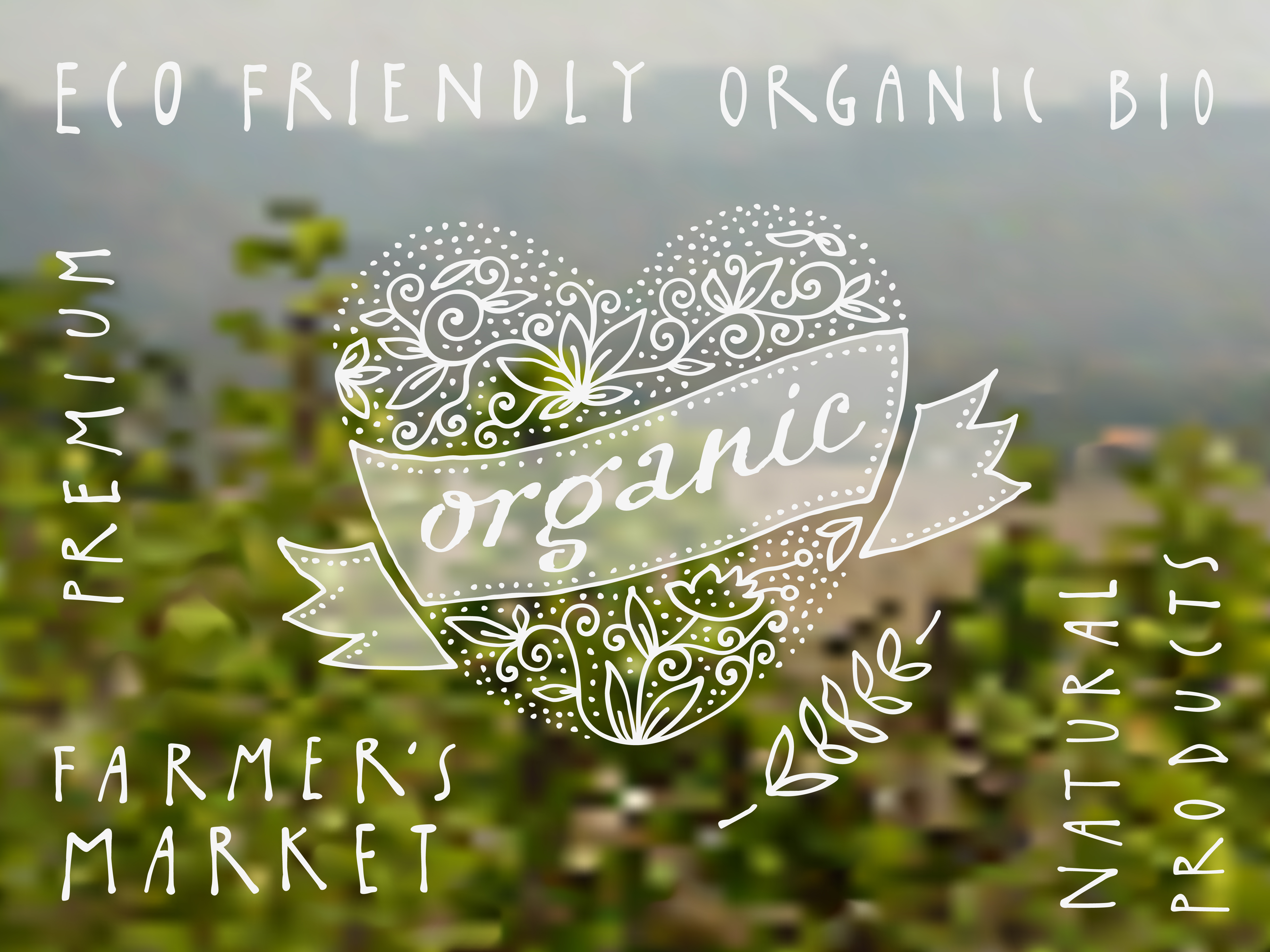What is a Conscious Brand and Why Should I Care?
The “Health Aura” Epidemic
Over the past few years a slow trickle of change has been gathering pace. It is the return to brands of conscience and safe, wholesome ingredients. A return to brands that do not place “growth” and “revenue” at the very top of their list of corporate priorities, but rather make health, wellbeing and fairness the central facets of their entire business, trusting that their focus on good ethics will ensure they do well financially in the longer run.
That process did go well for a while and what we call “Conscious Brands” started to see real growth and success. Then along came a bump in the road. Many of the other, not so great brands out there figured that they too could make health and wellbeing claims and could provide visual “health cues” on their packaging to suggest to the shopper that they were a healthy choice. To a great degree, that has worked for them. Parents in many parts of the world started packing ghastly and unhealthy juice-boxes and “muesli bars” (mmm, with “healthy” yoghurt icing!) and “fruit strips” into their children’s lunch-boxes believing they were giving them nutrition, all on top of a breakfast of refined cereals and juice that could easily contain as many as 20 teaspoons of sugar. In the personal care and home-goods aisles, imagery of berries and flowers became very popular, usually without any of the products ever having come anywhere near an actual fruit-related substance. Indeed, the “health aura” has reached epidemic proportions, while the actual “health” movement is still running far behind..
As a Society, We Should Be Very Concerned
That a product can have the word “strawberry” (pick a fruit, vegetable or lovely natural thing to imagine there) and a beautiful image of a strawberry on the packaging, and even have chunks of what appear to be strawberries in the product (usually berry chunks are synthetic gelatinous concoctions while strawberry “seeds” are actually little slivers of wood, even in food products) without having any actual “strawberry” in the product itself has just got to become a matter of immense concern for society. Not only is the labelling process misleading, but the faux-foods that are used to make up what is little more than a movie-prop, are turning out to be major contributors to increasing sickness, obesity, diabetes and heart disease, amongst others, and the early deaths associated with them.
The labels on processed foods are legal documents. And like all legal documents, they can be used against those exposed to them. Depending upon local labelling legislation, a product might look and feel completely natural and beautiful and even feature a claim that would make you think they’re free of GMOs, and yet in reality be mostly synthetic, filled primarily with GMOs and almost glowing from chemical saturation. And that will be legal.
The battle to alter the legal issues around labelling is going to be a long one, and will be more difficult with the passing and implementation of agreements such as the Trans Pacific Partnership (TPP) that put corporate profits ahead of all public safety and wellbeing. While that fight continues, there are important things that we can be doing if we care about our own health and that of our family and our community. We can discover and support those brands that are doing the right thing.
It’s Up to Us to Find the Conscious Brands in Our Midst
“Conscious Brands” are usually brands owned by small to medium sized companies, often local and employing people locally or within your own region or country, who care deeply and passionately about the quality, safety and fairness of their products and activities. As a result they tend to be a little more expensive than the mass-produced products you see on the supermarket shelves for the most part.
Conscious Brands almost always have very low marketing budgets, because they put as much money as they can into keeping their products as affordable as possible. That means they won’t be grabbing your attention very much with advertising or promotions. If they even make it into the supermarket (or the health food chain or drugstore, where there are still many products that are “health aura” only!) they’re probably not at eye level where the vast majority of products are sold. Usually they’re close to the floor or you have to look up to find them. You see, that’s the thing. You have to find them. Unlike the big brands, they cannot afford to find you.
The future health of our families and our planet rests very much in the hands of those small brands that actually care. We hope you’ll join us in identifying them, helping to support them, getting the word out, and removing the flow of revenue from those products and brands that offer nothing but empty, indeed fruitless, promises and calories, dangerous chemicals, and long term environmental degradation. Rest assured, what we’re asking of you is big. It will take time. But between us, we have the power to be the change we wish to see in the world.


